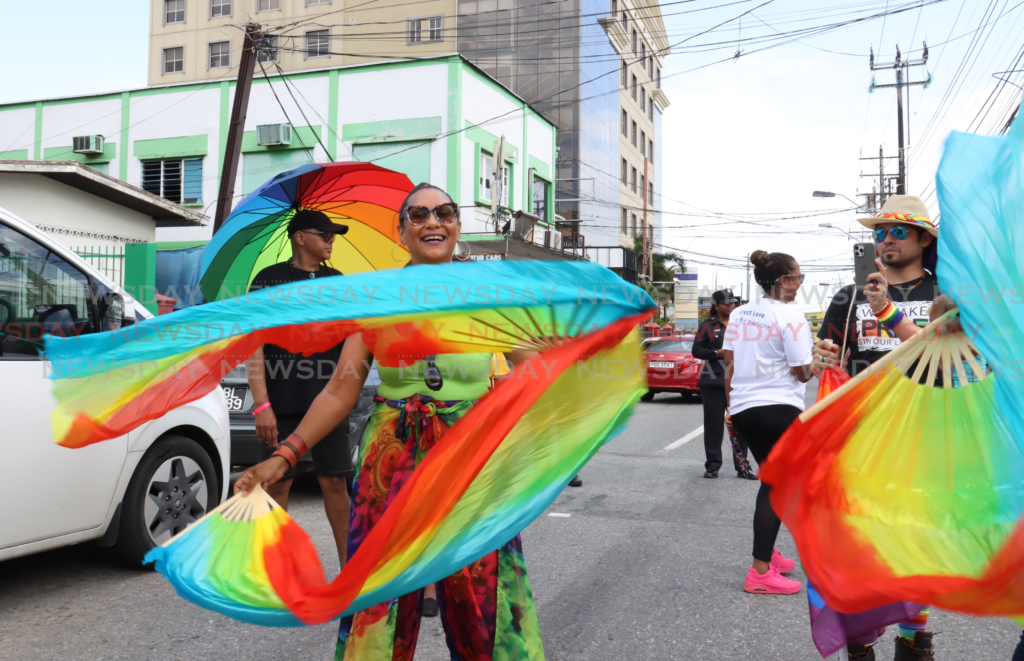Applause for Pride

THERE was something hopeful about the Pride parade on July 28.
While such celebrations, dating back to 2018 in their current form, have occurred before, the march assumed added poignancy because of the global surge in bigotry and radical right-wing sentiment.
For instance, as hundreds gathered in Port of Spain, a social media backlash raged online against the Paris Olympics’ opening ceremony. Christians said a segment featuring drag queens and transgender people was a mockery of Leonardo da Vinci’s The Last Supper.
Lost in the outrage was the fact that our idea of this biblical scene has been shaped by a painting, a mere artistic rendering, created, too, by a man whom many historians believe was homosexual. In the world of Us versus Them, in which vulnerable groups are demonised, such nuances are lost.
In such a world, this week’s march was not only hopeful but also brave.
It all supplies a strong reminder of the continued need for protections, whether legal or otherwise, for this community. We support calls for reform.
But history shows the achievement of equal rights is easier said than done.
The Equal Opportunity Act 2000 continues to allow discrimination against gay people in the provision of employment, education, goods, services, and accommodation.
The Immigration Act prohibits homosexuals.
Criminal law banning anal sex was struck down in 2018 in a landmark case brought by activist Jason Jones, but it has been appealed and there is fear the savings clause could be invoked against that ruling by the Privy Council.
Still, there have been small signs of progress. Corporate workplaces have changed. Officials at state bodies have called for all to be treated equally.
Police leaders, too, in the wake of a wave of attacks on gay men through social media app Grindr, have signalled the need for hate-crime legislation.
Yet, without concrete laws, such calls will remain words, not deeds.
If church and state should be separate, on this issue legislators are lamentably in complete lockstep with the church.
Roman Catholic Archbishop Jason Gordon’s campaign against the Samoa Agreement a few months ago is emblematic of the ways religious bodies, in the current global climate, feel emboldened to work openly against marginal groups.
In railing against the EU trade agreement, which he asked the State to reject, he said it would be a gateway for LGBTQ rights and would be “a colonial imposition.” To form this view, the archbishop had to set aside the inconvenient fact that the Roman Catholic Church is arguably the biggest “colonial imposition” of them all.
But some colonial impositions are more equal than others.
The parade was not just hopeful and brave, it was positively defiant. We applaud all who came out.

Comments
"Applause for Pride"